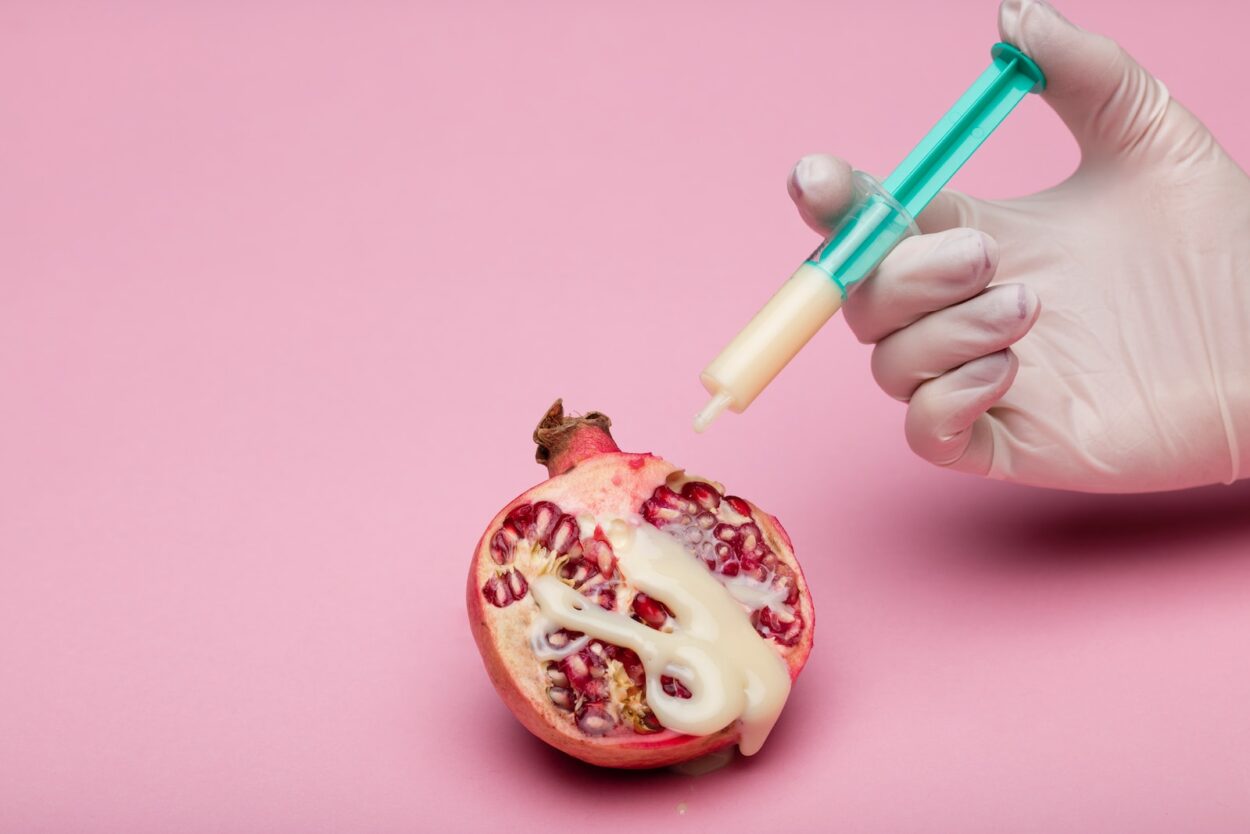Whether you’re in a heterosexual or same-sex relationship, having a baby with donated sperm can be an option. Donors must be CMV (cytomegalovirus) negative, per FDA guidelines.
Using donor sperm is often less expensive than undergoing fertility treatment, like intrauterine insemination or in vitro fertilization. However, there are many factors to consider.
What is a sperm donor?
A sperm donor is a man who offers his semen to help others achieve pregnancy through artificial insemination or other fertility treatments. Donor sperm can be purchased from a licensed sperm bank or obtained through private arrangements. The donor’s semen is then used in the process of artificial insemination which involves introducing the sperm directly into the woman’s body around the time of her ovulation.
The use of donor sperm is most common among single women and same sex couples, although men experiencing severe male factor infertility often turn to donor sperm. In many cases, the same sperm can be used to conceive multiple children and most sperm donors will allow for up to 10 inseminations per family.
Some sperm donors are anonymous, while others are identified as such in their advertisements and will not have any legal rights to the children conceived with their sperm. Donors are required to undergo a rigorous screening process to ensure they meet health and physical requirements, such as height and sex drive.
Many sperm donors are also tested for alcohol and drug abuse as well as certain mental health conditions like bipolar disorder or schizophrenia. In addition, sperm donors are screened for HIV. Those who offer their sperm for donation are required to maintain confidentiality and must undergo training on how to handle sensitive information.
What is the process of donating sperm?
Sperm donation is most commonly carried out by a sperm bank or fertility clinic. However, donors may also arrange a “private” or “directed” donation through advertising or other means. These arrangements generally allow the donor to be known to the intended parents.
Increasingly, both single women and same-sex couples are using donor insemination to become pregnant. Similarly, heterosexual couples with male factor infertility such as low sperm count or motility issues often choose to use a sperm donor.
A sperm donor can be anonymous or he can agree to be known by the intended parents, and many will provide an extensive family and medical history. He will be screened for infectious diseases such as HIV, hepatitis C and gonorrhea. Some sperm banks will screen for genetic disorders as well.
Donated sperm can be used in a number of ways, including intrauterine insemination (IUI) at the clinic or by self-insemination with a vaginal speculum. Donated sperm can also be used in in vitro fertilization (IVF) where it is combined with eggs and fertilized in the lab to create embryos for implantation. It’s important to discuss the pros and cons of using a sperm donor with a trained reproductive specialist. It’s also recommended to meet with a counselor who can help you and your partner explore your emotions, thoughts and concerns about parenting a child conceived through a third party.
How do I become a sperm donor?
Sperm donors make it possible for couples (heterosexual or same-sex) or individuals with male infertility to start families. Donated semen can be used in artificial insemination at a clinic or by intracervical insemination at home to fertilize an egg. A sperm donor can provide his semen anonymously or under a private arrangement, with the latter typically permitting some degree of co-parenting between he and the biological children conceived by him.
Modern day sperm donor agencies are meticulous about their screening of prospective donors. On average, only about 5% of all applicants pass the basic requirements to become a sperm donor at a reputable sperm bank. The selection process includes character and personality evaluation, family medical history, a physical exam, semen analysis, infectious disease tests, and more. The screening continues after a donor is accepted into the program.
When a donor is selected, the legal sperm donation agreement he signs with the sperm bank protects him from being held legally responsible for any children born by a woman who uses his sperm, ensures that he receives the compensation he is due, and much more. A lawyer who is experienced with sperm donation law can help potential donors understand the process, find an appropriate sperm bank and its location, ensure that their rights are protected under the law, and avoid common mistakes.
How do I donate sperm?
Sperm donation is typically used to help infertile couples have children. For heterosexual couples this is often done through artificial insemination but can also be used in intrauterine insemination and even in vitro fertilization. Sperm donors may donate to a family member, or in private arrangements (where the donor will usually have some degree of co-parenting rights – the enforceability of these agreements varies by jurisdiction).
If you want to be a sperm donor you will need to pass a series of requirements such as age, height, weight and health habits. You will also need to submit extensive medical and family history questionnaires and provide blood and semen samples. In addition, you will be required to undergo a thorough interview process and psychological screening.
Most fertility clinics and sperm banks require that you be a minimum of 19 or 20 years old. This is partly because sperm counts start to decline after this age and also because of issues with sperm motility. In many cases, sperm banks also will look at your education and career to assess whether you are likely to be able to support children financially if you become a sperm donor. Finally, most sperm banks will require you to agree to be a donor for a minimum of 1 year. This is because of the high number of tests required on sperm and blood samples.




Leave a Comment